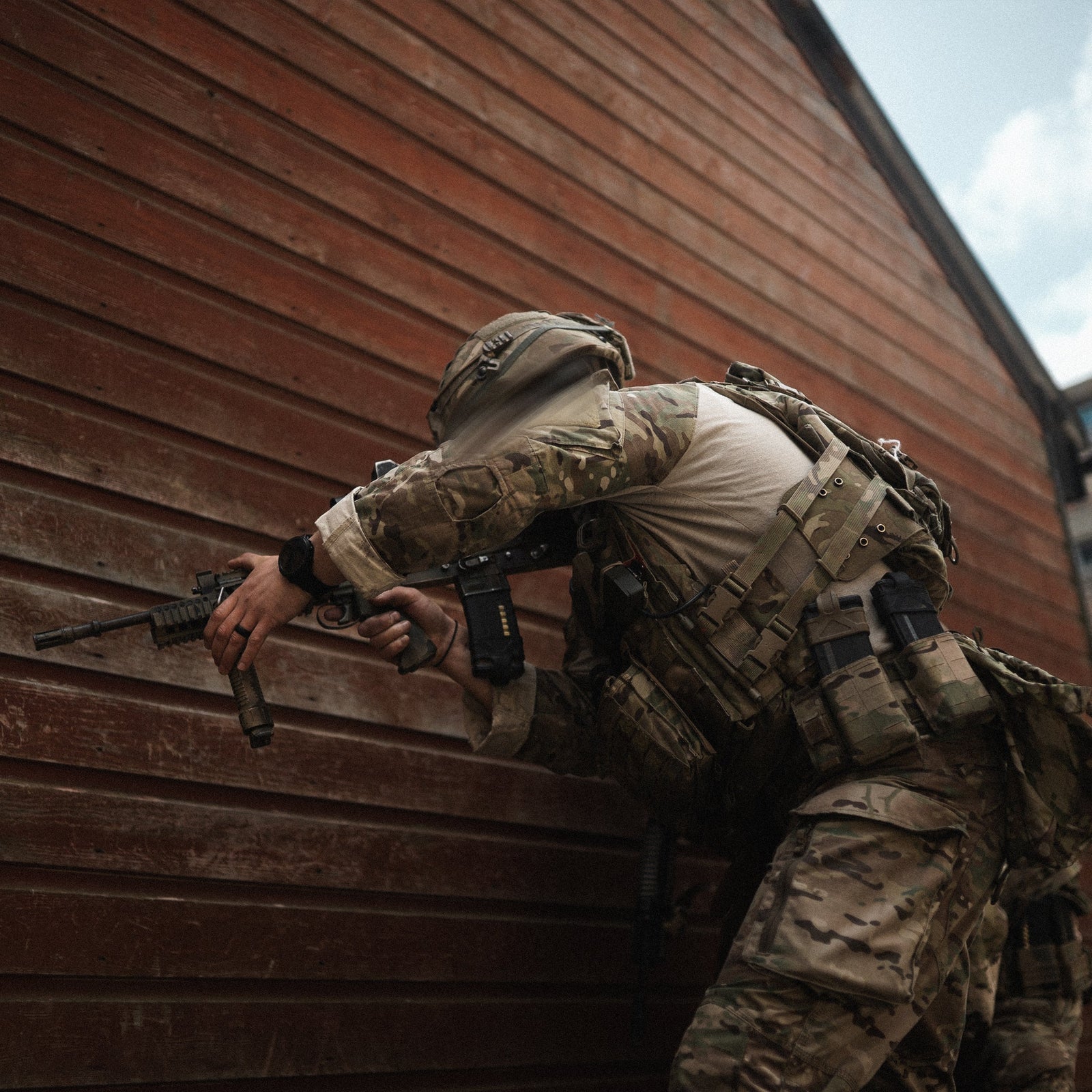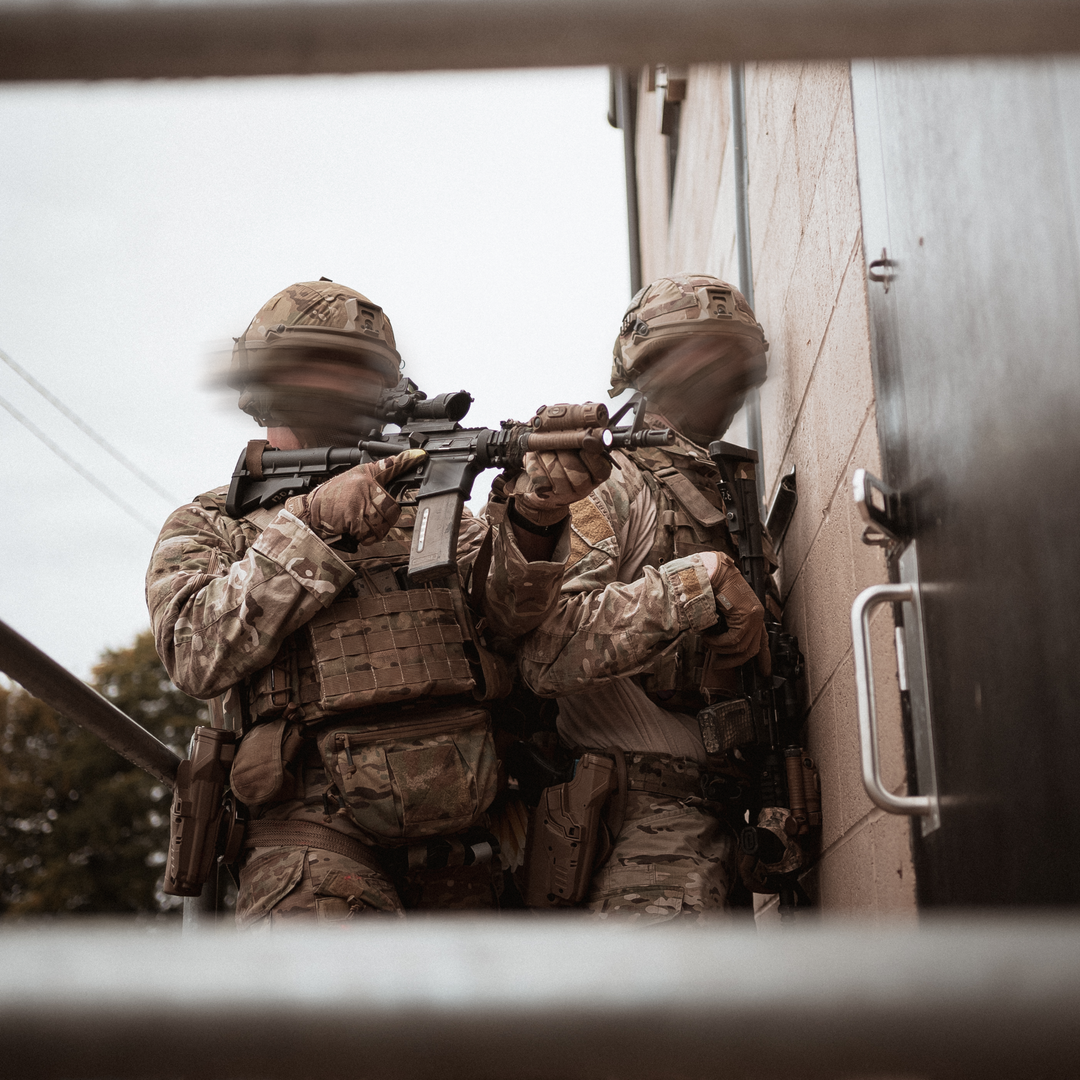BOOK BRIEF: GRIT BY ANGELA DUCKWORTH

B.L.U.F
- Grit predicts success better than ‘natural talent’, intelligence scores or athletic performance.
- The components of Grit are:
- Passion
- Perseverance
- Having a Growth Mindset
- Deliberate practice
- Being Gritty hinges on the effort you’re willing to put into something over a long period of time.
- Effort and consistency are key factors in the Grit score.
- Physical and mental training can help you develop Grit by having set goals/passions you can apply the components of Grit towards achieving.
Introduction

“Grit” is a book by psychologist Angela Duckworth that explores the concept of grit, which she defines as “perseverance and passion for long-term goals”.
In the book, Duckworth argues that grit is a better predictor of success than natural talent or intelligence and that it can be developed through deliberate practice and a growth mindset.
The concept of grit has practical applications for a wide range of fields, including strength and conditioning coaching and performance psychology.
In particular, military personnel can benefit from developing grit in order to succeed in their careers and overcome obstacles.
What is Grit?
Grit is defined by Duckworth as:
“perseverance and passion for long-term goals. One way to think about grit is to consider what grit isn’t. Grit isn’t talent. Grit isn’t luck. Grit isn’t how intensely, for the moment, you want something.”
It is characterised by having a combination of resilience, determination, and perseverance.
Gritty individuals are able to maintain their focus and motivation even in the face of setbacks and obstacles, and they are willing to put in the hard work and effort required to achieve their goals.
Grit has been shown to predict who is more likely to complete Selection courses as well as predict retention in the military too (Eskreis-Winkler et al. 2014).
“Enthusiasm is common. Endurance is rare.”
In a study of competitive swimmers titled, “The Mundanity of Excellence,” Dan Chambliss, writes,
“The most dazzling human achievements are, in fact, the aggregate of countless individual elements, each of which is, in a sense, ordinary.”
Great things are accomplished by “people whose thinking is active in one direction, who employ everything as material, who always zealously observe their own inner life and that of others, who perceive models and incentives everywhere, and who never tire of combining the means at their disposal.”
Talent (how quickly you improve in a skill) is important. However, effort, unlike talent, comes into play twice in the equation of achievement.
Talent x Effort = Skill
Skill x Effort = Achievement.
Your effort builds skill. Simultaneously, your effort makes that skill productive.
It’s the long-term consistency of that effort that is crucial.
The Components of Grit
According to Duckworth, the main components of Grit are:
- Passion
- Perseverance
- Growth Mindset
- Deliberate Practice
Component 1: Passion
According to Duckworth, passion is the foundation of grit. She explains that passion is not just a feeling, but a combination of interest, enjoyment, and purpose. Passionate individuals are those who are deeply engaged with their work, find it fulfilling, and are driven by a sense of purpose.
Practical Application
For military personnel, passion can be developed by finding meaning in their work. This can be achieved by connecting their role to a higher purpose or cause, such as protecting their country or serving their community.
Military personnel can also develop their passion by taking a pride and interest in their work above the bare minimum, seeking out opportunities for learning and growth, and finding enjoyment in the challenges they face.
Component 2: Perseverance
Duckworth defines perseverance as the ability to stick with a task over the long term, despite obstacles, setbacks, and failures. She explains that individuals who exhibit high levels of perseverance are those who are resilient, self-disciplined, and have a strong work ethic.
Practical Application
In the military, perseverance is a critical trait. Military personnel must be able to endure physically and mentally challenging situations, push through setbacks and obstacles, and remain focused on their goals and mission.
To develop perseverance, military personnel can focus on building resilience, and determination, developing a strong sense of discipline, installing positive habits and work ethic, and cultivating a growth mindset that allows them to view setbacks and failures as opportunities for learning and growth.
Perseverance is what keeps you working towards your goals even when the initial enthusiasm has worn off or when progress is slow.
Component 3: Growth Mindset
We have written about Growth Mindset in a previous article and Duckworth argues that this is an integral part of having Grit.
Individuals with a growth mindset are those who believe that their abilities and intelligence can be developed through hard work, practice, and perseverance.
Growth Mindset > Optimistic Self-Talk > Perseverance Over Adversity
See failure as an opportunity for growth and view challenges as a chance to develop new skills and abilities.
Practical Application
For military personnel, developing a growth mindset is essential. You must be able to adapt to new situations, learn new skills, and continuously improve your performance.
You can develop a Growth Mindset by;
- Being process driven rather than outcome driven
- Embracing challenges and feedback
- Seeking out opportunities for development and improvement
- Practice optimistic self-talk
- Don’t be afraid to ask for help
Component 4: Deliberate Practice
Duckworth explains that deliberate practice is fundamental to developing more grit. Deliberate or purposeful practice involves focused, intentional effort towards a specific goal, with feedback and opportunities for reflection and adjustment.
Practical Application
For military personnel, deliberate practice can be applied to their training and development. You can set specific goals, focus on improving your skills and abilities, seek out feedback and guidance from your peers and superiors, and reflect on your performance to identify areas for improvement. Very few high-level skills are ever developed in a vacuum.
‘Grittier’ people have been shown to do more deliberate practice and experience more flow in their skill application from this practice too. Deliberate practice is for preparation. Flow is for performance.
Military Applications of Grit
The concept of grit has numerous practical applications for military personnel. Developing grit can greatly assist in the success of your career path choices and in overcoming the challenges and obstacles you will inevitably face.
For instance, grit can help you maintain your focus and motivation during rigorous basic training, selection courses or deployments, even when confronted with physically and emotionally demanding situations. It can also help you to rebound quickly from difficult experiences and persevere through setbacks and failures.
Physical training is an easily applicable method to cultivate grit that can instil discipline and resilience through the establishment of specific goals and then having to consistently apply the effort needed to achieve them. This type of training can also bolster physical and mental toughness, which is crucial for you to be able to be resilient in challenging situations.
Mental training is another way to develop grit and involves setting realistic goals, devising effective strategies for achieving those goals, and maintaining a positive outlook in the face of adversity.
This type of training can also teach soldiers to develop resilience and self-discipline, two critical attributes for overcoming obstacles and accomplishing long-term objectives.
Conclusion
In conclusion, Grit is essential for military personnel who want to succeed in their careers and overcome the challenges and obstacles they will face. Being Gritty hinges on the effort you’re willing to put into something over a long period of time.
Developing a combination of passion and perseverance, practising a Growth Mindset and engaging in deliberate practice and coupling that with a directed and consistent effort is what will help you maintain your focus and motivation, your perseverance through setbacks and failures, and will improve your long-term success.
| Trait | Description |
| Passion | Develop an interest in your work. Find enjoyment in the challenges and connect your role to your higher purpose or cause. |
| Perseverance | Build resilience. Effort beats Talent. Develop a strong sense of discipline and work ethic. Cultivate a growth mindset to endure physical and mental challenges. |
| Growth Mindset | Embrace challenges. Seek out opportunities for self-development and improvement. View setbacks and failures as opportunities for growth. |
| Deliberate Practice | Set specific goals. Focus on improving skills and abilities. Seek feedback and guidance. Reflect on your performance to identify areas for improvement. |
References
Eskreis-Winkler L, Shulman EP, Beal SA, Duckworth AL, 2014. The grit effect: predicting retention in the military, the workplace, school and marriage. Frontiers in Psychology.




